November 20, 2019 | Deborah Kotz
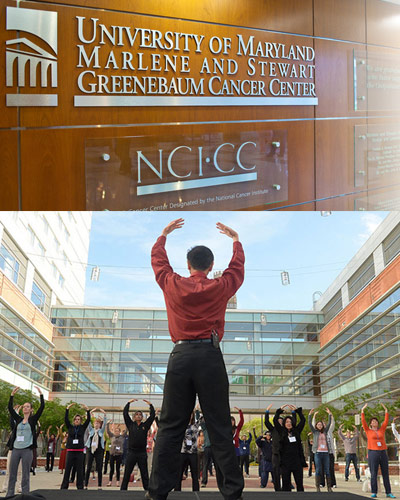
The Partnership Will Enable Patients Undergoing Cancer Treatment to Gain Easier Access to Complementary Therapies to Augment Their Care and Improve Their Quality of Life
Kevin Cullen, MD, Director of the University of Maryland Marlene and Stewart Greenebaum Comprehensive Cancer Center (UMGCCC), and University of Maryland School of Medicine (UMSOM) Dean E. Albert Reece, MD, PhD, MBA, have announced that the UMSOM Center for Integrative Medicine has merged with the Cancer Center in order to increase cancer patients’ access to a number of complementary therapies and initiatives including yoga therapy, acupuncture, and massage therapy to help improve their symptoms, psychological outlook, and overall quality of life.
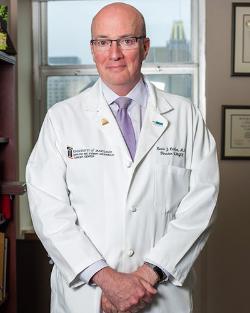 “This is the perfect partnership to allow for the natural evolution of the cancer center to a place that can provide a full array of services to patients in need of psychological support and pain management,” said Kevin J. Cullen, MD, the Marlene and Stewart Greenebaum Distinguished Professor of Oncology at UMSOM and the director of UMGCCC. “We appreciate the support we have received from the Dean to help us actualize our vision.”
“This is the perfect partnership to allow for the natural evolution of the cancer center to a place that can provide a full array of services to patients in need of psychological support and pain management,” said Kevin J. Cullen, MD, the Marlene and Stewart Greenebaum Distinguished Professor of Oncology at UMSOM and the director of UMGCCC. “We appreciate the support we have received from the Dean to help us actualize our vision.”
Faculty from the two centers will have joint appointments, collaborate on research, and coordinate patient care in order to help patients achieve better pain management and overcome psychological challenges that stem from a cancer diagnosis.
“In the 30 years since our Center for Integrative Medicine first opened, we have found that patients undergoing cancer treatments are among those who most frequently seek our services,” said Chris D’Adamo, PhD, an Assistant Professor of Family & Community Medicine and Interim Director of the Center for Integrative Medicine at UMSOM. “I am incredibly excited about this merger since I believe it will provide cancer patients with easier access to our services while they are coping with the side effects of surgery, chemotherapy, radiation or grappling with the diagnosis itself.”
The Center for Integrative Medicine will also work with UMGCCC on cancer prevention efforts providing nutrition, exercise, and stress management counseling to under-served communities in the Baltimore area and beyond. Such efforts have resulted in published studies including a recent study published in Global Advances in Health and Medicine, which found that elementary school teachers had improved health outcomes when they were offered access to an on-site fitness facility at their Baltimore public school.
Dr. D’Adamo and his colleagues also found in a different study published in 2018 that providing African American high school students in Baltimore with access to nutrition, fitness, yoga, cooking and farming activities could improve their health behaviors by the end of the summer program leading to a potentially lower long-term risk of cancer and other chronic diseases. In addition, Brian M. Berman, MD, who started and headed the Center for Integrative Medicine before transitioning to Professor Emeritus earlier this year, devoted years of research to demonstrating that acupuncture, yoga therapy, and other integrative medicine modalities could be effective ways for patients to manage chronic pain and could help them rely less on opioids and other pain reliever drugs, which can cause addiction or other side effects.
 “The field of integrative medicine has matured into an area of medicine that is evidence-based and embraced by our faculty. They recognize the importance of empowering patients who are struggling with a life-threatening illness,” said Dean Reece. “This new partnership will enable us to help cancer patients to become more active in their medical care by providing them access to yoga, meditation, and other self-care techniques.”
“The field of integrative medicine has matured into an area of medicine that is evidence-based and embraced by our faculty. They recognize the importance of empowering patients who are struggling with a life-threatening illness,” said Dean Reece. “This new partnership will enable us to help cancer patients to become more active in their medical care by providing them access to yoga, meditation, and other self-care techniques.”
The Center for Integrative Medicine will remain based in East Hall for the next few years with plans to ultimately relocate it to the new UMGCCC tower that will begin construction early next year. It will be designed with large common spaces to support a room for meditation and yoga as well as spaces for music and art therapy and an area equipped for clinical cooking classes for cancer patients. “Integrative medicine will be embedded as part of this new building,” Dr. Cullen said, “and patients will see that we consider it to be an integral part of their medical care.”
About the University of Maryland School of Medicine
Now in its third century, the University of Maryland School of Medicine was chartered in 1807 as the first public medical school in the United States. It continues today as one of the fastest growing, top-tier biomedical research enterprises in the world -- with 43 academic departments, centers, institutes, and programs; and a faculty of more than 3,000 physicians, scientists, and allied health professionals, including members of the National Academy of Medicine and the National Academy of Sciences, and a distinguished recipient of the Albert E. Lasker Award in Medical Research. With an operating budget of more than $1 billion, the School of Medicine works closely in partnership with the University of Maryland Medical Center and Medical System to provide research-intensive, academic and clinically based care for more than 1.2 million patients each year. The School has over 2,500 students, residents, and fellows, and more than $540 million in extramural funding, with most of its academic departments highly ranked among all medical schools in the nation in research funding. As one of the seven professional schools that make up the University of Maryland, Baltimore campus, the School of Medicine has a total workforce of nearly 7,000 individuals. The combined School and Medical System (“University of Maryland Medicine”) has an annual budget of nearly $6 billion and an economic impact more than $15 billion on the state and local community. The School of Medicine faculty, which ranks as the 8th highest among public medical schools in research productivity, is an innovator in translational medicine, with 600 active patents and 24 start-up companies. The School works locally, nationally, and globally, with research and treatment facilities in 36 countries around the world. Visit medschool.umaryland.edu
About the University of Maryland Marlene and Stewart Greenebaum Comprehensive Cancer Center
The University of Maryland Marlene and Stewart Greenebaum Comprehensive Cancer Center is a National Cancer Institute-designated Comprehensive Cancer Center in Baltimore. The center is a joint entity of the University of Maryland Medical Center and University of Maryland School of Medicine. It offers a multidisciplinary approach to treating all types of cancer and has an active cancer research program. It is ranked among the top 20 cancer programs in the nation by U.S. News & World Report. www.umgccc.org.
Contact
Department of Anesthesiology
(410) 328-6120 (phone)
(410) 328-5531 (fax)
swalsh@som.umaryland.edu
Deborah Kotz
Director of Media Relations
Office of Public Affairs & Communications
University of Maryland School of Medicine
o: 410-706-4255
c: 410-804-0054
t: @debkotz2
Related stories
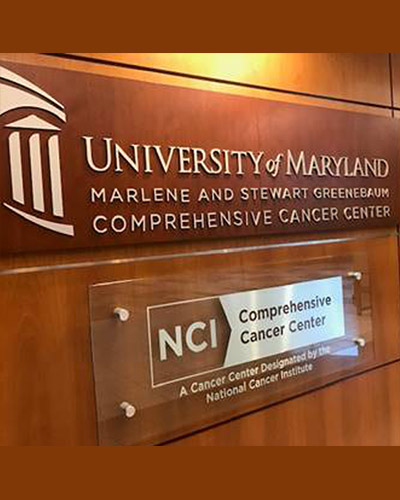
Thursday, July 15, 2021
University of Maryland Greenebaum Comprehensive Cancer Center Earns Renewal of Highest Designation for Cancer Center Excellence from National Cancer Institute
The University of Maryland Marlene and Stewart Greenebaum Comprehensive Cancer Center (UMGCCC) has earned renewal of its National Cancer Institute (NCI) designation as a Comprehensive Cancer Center for another five years. The prestigious distinction recognizes the cancer center’s high caliber of scientific leadership and robust programs in basic, clinical and population science research, placing it in the top echelon of cancer centers nationwide.
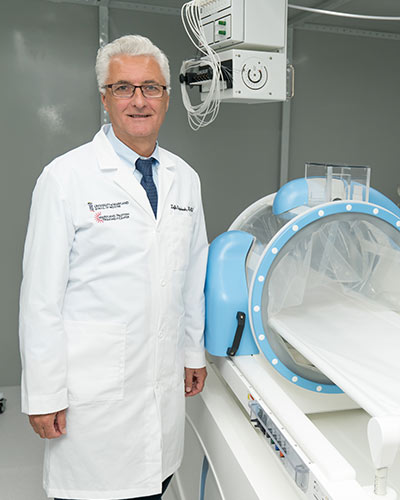
Monday, October 08, 2018
High-Precision Proton Therapy More Effective in Treating Certain Cancers When Combined with Thermal Therapy
The Maryland Proton Treatment Center (MPTC) is now offering deep-tissue external thermal therapy in combination with high-precision proton-beam radiotherapy as a potential way to boost survival chances for certain cancer patients. MPTC is the only center in the world to offer these two treatments at the same facility, an advantage to patients because these therapies are typically given within an hour of each other.
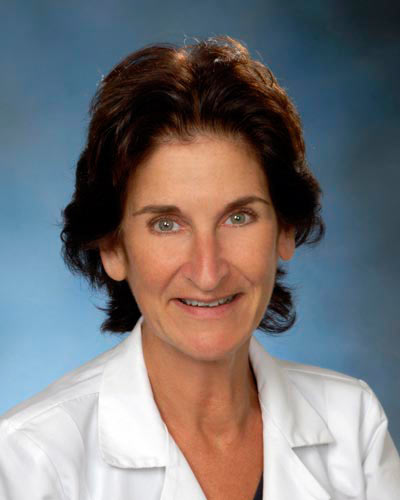
Wednesday, December 06, 2017
Study Uses Genetic Testing to Personalize Treatment for Deadly Blood Cancer
A clinical trial using genetic testing to match acute myeloid leukemia (AML) patients with new therapies is now open at the University of Maryland Marlene and Stewart Greenebaum Comprehensive Cancer Center (UMGCCC). The center is one of seven cancer centers nationwide participating in the Beat AML® Master Trial, sponsored by the Leukemia & Lymphoma Society (LLS).
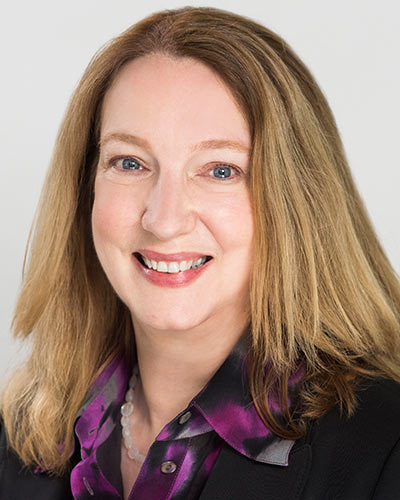
Tuesday, February 07, 2017
Comprehensive New Study Finds that Yoga Can Be Helpful for Low Back Pain
Over the course of their lives, about 80 percent of Americans will suffer from back pain at one time or another. A recent study found that more than a third of adults say that low back pain has affected their ability to perform the tasks of daily living, exercise, or sleep. Treating this pain remains a difficult problem, and for millions of people the pain is chronic.
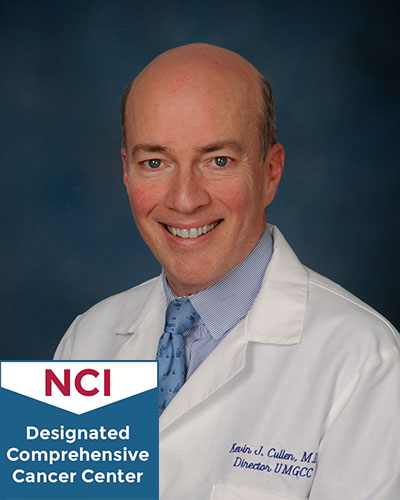
Tuesday, May 31, 2016
University of Maryland Greenebaum Cancer Center Earns National Cancer Institute’s Highest Designation
The University of Maryland Marlene and Stewart Greenebaum Cancer Center has been awarded the National Cancer Institute’s highest designation as a Comprehensive Cancer Center. The prestigious distinction recognizes the cancer center’s high caliber of scientific leadership and robust programs in basic, clinical and population science research, placing it in the top tier of cancer centers nationwide. The new name of the center is the University of Maryland Marlene and Stewart Greenebaum Comprehensive Cancer Center (UMGCCC).
